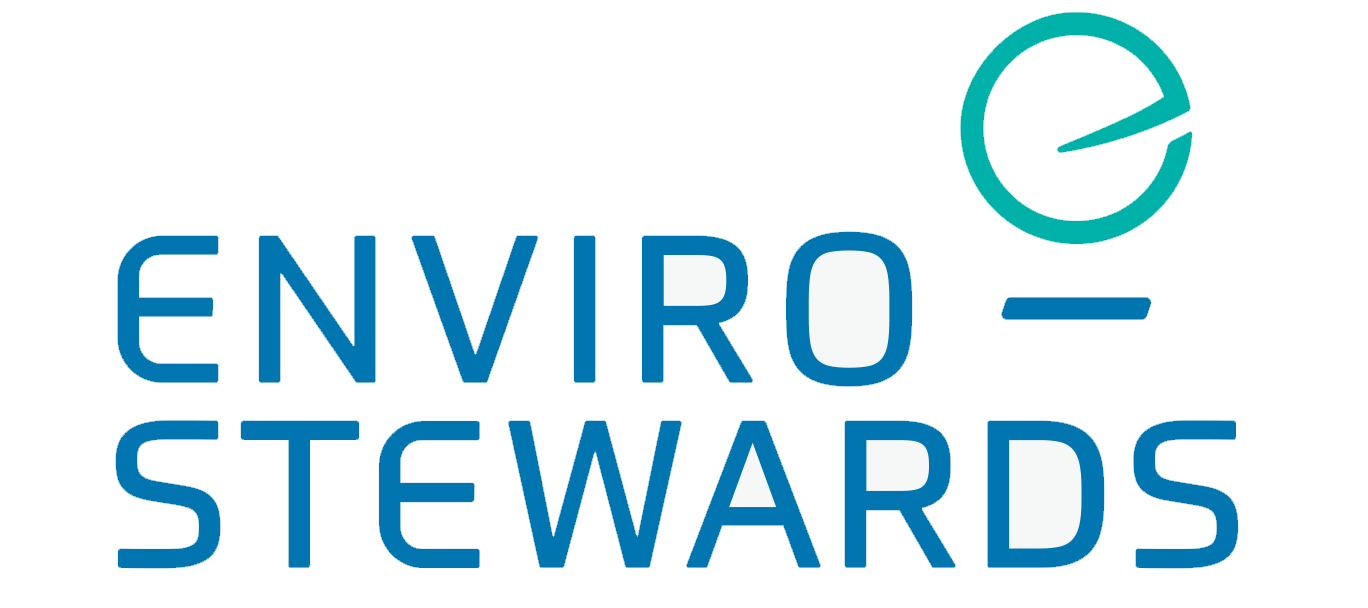Abstract
Cleaner production stakeholders have a strong desire for industry to consider cleaner production opportunities in their facilities and once they are assessed, to follow through on their implementation. This paper examines local and international initiatives within the Canadian stakeholder community (including government, NGOs, consultants, industry) that contribute to the initiation and implementation of cleaner production in industry. Specifically, stakeholders have consciously drafted regulatory compliance, education, co-funding incentives, and development-based cleaner production programs. As illustrated by case studies from six industries, the programs work together to create a climate favorable for implementation of cleaner production concepts and approaches. Based on the cleaner production drivers and barriers identified by research, the programs are well designed. However, as with cleaner production itself, there is always room for further improvement. Specifically: (i) regulatory compliance programs and timetables should leave room for cleaner production (versus end-of-pipe) approaches; (ii) cleaner production co-funding programs should target small and medium-sized enterprises (SME) and require them to use a multimedia approach (air, water, waste); (iii) education programs should incorporate demonstration assessments, feasibility assessments of common recommendations, and follow- up communication to foster implementation and continuous improvement; and (iv) mandated cleaner production should include absolute (i.e. waste/tonne production) rather than relative standards (i.e. X% reduction from status quo) in order to avoid penalizing historically proactive corporations.
